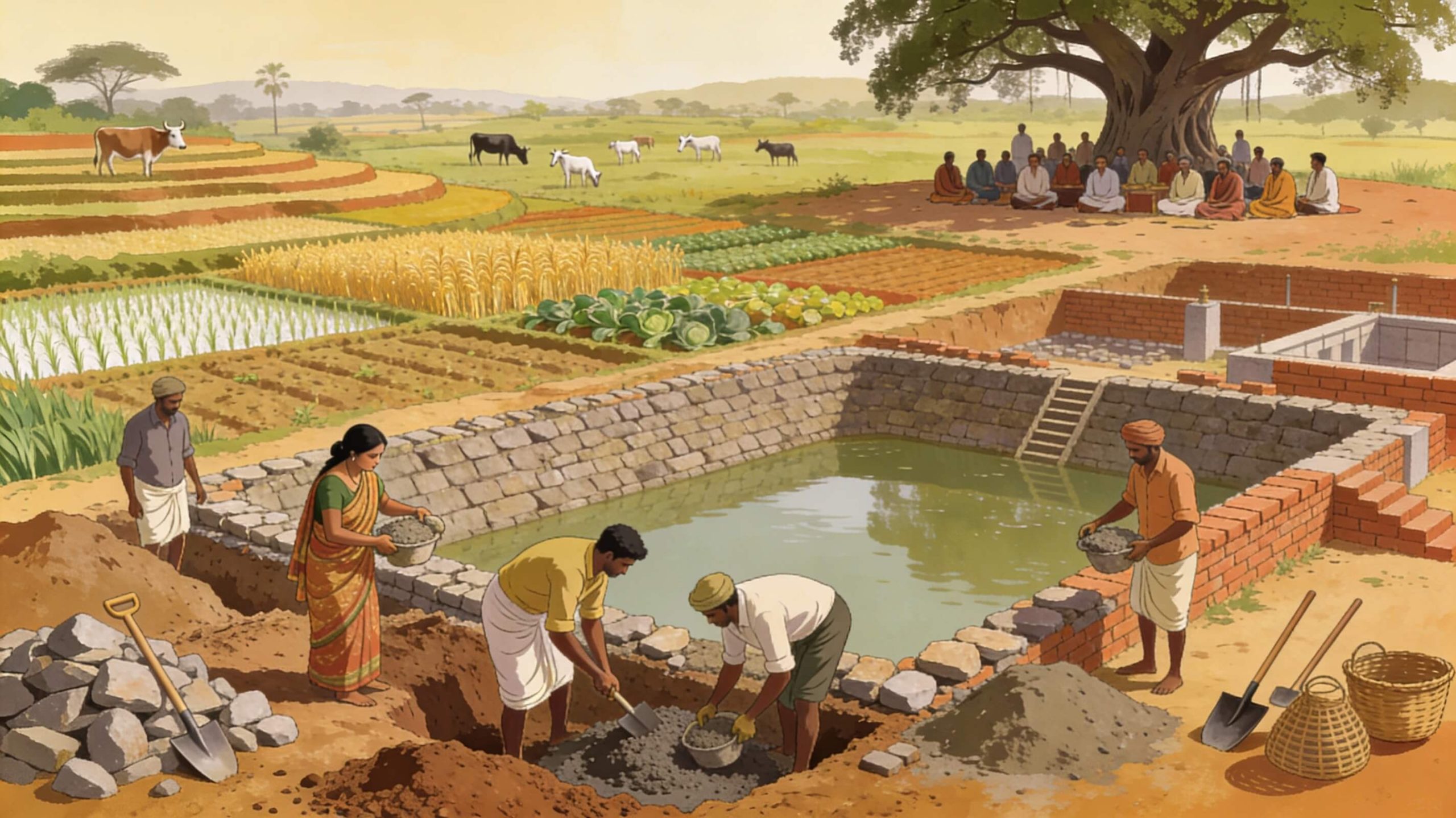Amit Shah, the Union Minister for Home and Cooperation, laid the foundation stone for the Tribhuvan Sahkari University (TSU) in Anand, Gujarat, on July 5, 2025. This is India’s first national-level cooperative university. The aim is to train about 20 lakh personnel over the next five years. This includes training individuals from various cooperative sectors such as PACS (Primary Agricultural Credit Societies), dairy, and fisheries.
The establishment of TSU is a significant step towards enhancing the cooperative sector in India. The university will offer specialized education and training in cooperative management, finance, law, and rural development. This move aligns with the government’s vision of ‘Sahkar se Samriddhi’, which means prosperity through cooperation.
The university will not only provide academic courses but also focus on research opportunities. A dedicated Research and Development (R&D) council will be set up. This council will promote innovation and affordable technologies in cooperatives, especially for rural areas.
Under the National Education Policy 2020, TSU will have a flexible academic structure. It will offer various programs, including PhDs, degrees, diplomas, and certificates tailored to different operational levels in the cooperative sector. The goal is to create a standard for cooperative education across the country.
To achieve this, TSU plans to connect with over 200 existing cooperative institutions within the next four years. This national network will enhance the quality of cooperative education and training. The university aims to empower grassroots cooperative institutions by promoting best practices and improving governance.
One of the significant challenges in the cooperative sector is the shortage of qualified teachers. TSU plans to develop a strong base of educators through specialized PhD programs in cooperative studies. Currently, cooperative education is limited to a few states, which does not meet the growing demand.
Amit Shah emphasized the importance of this university in addressing the needs of the cooperative sector. He noted that around 40 lakh cooperative personnel and 80 lakh board members are involved in this sector. Therefore, training 20 lakh personnel over five years is crucial.
During the foundation ceremony, Amit Shah also participated in a tree plantation drive under the ‘Ek Ped Maa Ke Naam’ campaign. This campaign encourages citizens to plant trees in honor of their mothers, promoting environmental awareness and responsibility.
The university is expected to accommodate nearly 8 lakh students each year. It will also establish affiliated colleges across India to widen access to cooperative education. Additionally, Shah unveiled an educational module developed by NCERT. This module aims to teach school students about the cooperative movement’s principles and impact in India.
The establishment of TSU marks a historic and visionary initiative for capacity building in the cooperative sector. It represents a commitment to fostering innovation, creating jobs, and enhancing sustainable rural economic development. The university will play a vital role in shaping the future of cooperative education in India and ensuring that the sector meets its growing needs effectively.




